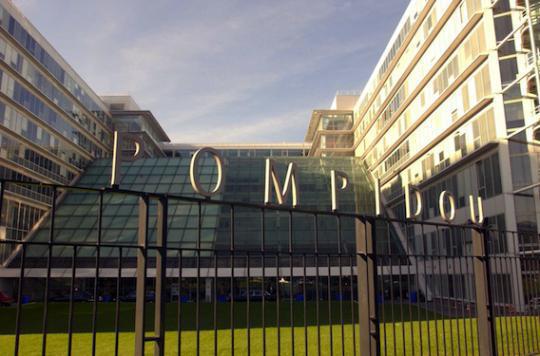The AP-HP establishment medical commission unanimously voted on the recommendations to prevent and treat conflict situations between medical personnel.

During an exceptional meeting organized January 4, 2016 following the suicide of Professor Jean-Louis Megnien, a cardiologist who defeated himself at his workplace at the Georges-Pompidou European Hospital (Paris), the Management Board of Public Assistance – Paris Hospitals (AP-HP) had adopted an action plan to prevent and deal more effectively with complex situations between medical personnel.
A work group was then set up by Martin Hirsch, Managing Director of the AP-HP, to deepen the operational variation of this action plan, which included 13 pointsts. They all aimed to put an end to the too large number of “interpersonal conflict situations which fester in the hospital and durably affect the quality of care and the quality of life at work”. This Tuesday, the final proposals were presented to the doctors of the Establishment Medical Commission (CME) of the AP-HP. They were all adopted unanimously. Enough to put an end to rivalries and tensions within the services?

Better surround the appointments of chefs
In its prevention component, the plan includes 7 measures which include, each time, very detailed procedures. Among the objectives we find in particular the better taking into account of managerial skills before investing practitioners with responsibility. “It is necessary that the doctors who have undisputed medical and scientific skills but few managerial aptitudes can have a recognition other than that of acceding to responsibilities made for them”, specifies the document.
It is also recommended to set up regular evaluation procedures “of the managerial dimension of a unit”.
The appointment of department heads is at the heart of the system. The system thus asks to surround them with “more guarantees of objectivity, by re-examining the procedures for calling for applications and the selection criteria”.
It is also planned to strengthen occupational medicine: doctors have little recourse to it and are often less well followed than others. The plan calls for ensuring that practitioners can be seen, once a year or once every two years, systematically by a medical examination. “Beyond the difficulties that can be linked to a conflict, better protect doctors from burn-out or their endangerment in the professional context”.
Charters to work better together
Regarding the second part of the plan, devoted to the detection and treatment of conflict situations, it details 6 priorities. The AP-HP should therefore set up a system to identify risky situations within each hospital group and promote declarations according to procedures that protect people. It is stipulated that interventions must be able to be triggered “earlier and more systematically”.
The plan also stresses that in the absence of satisfactory local or central mediation, it must be possible to appeal to mediation external to the AP-HP.
Importantly, the administration wants to “ensure that these interventions are followed by decisions”, and for that it asks to identify the obstacles (statutory, legal, organizational) which prevent these decisions from being implemented. It would thus be necessary “to ensure that the refusal of an individual cannot stand in the way of a solution in accordance with the general interest”.
As a reminder, a judicial investigation was opened at the European Hospital Georges-Pompidou (HEGP) to shed light on the circumstances surrounding the suicide of Professor Megnien. The cardiologist was the subject, according to his accusations, of moral harassment from his superiors.
.















